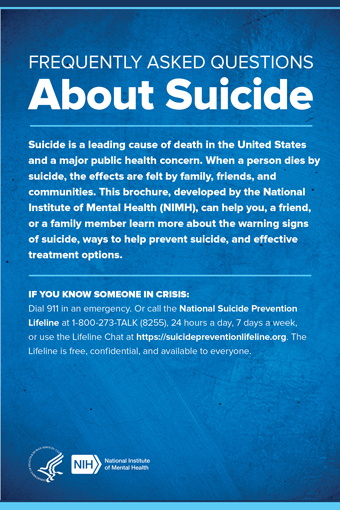 There’s a link between children’s sleep duration and depression, anxiety, impulsive behavior, and poor cognitive performance, researchers report.
There’s a link between children’s sleep duration and depression, anxiety, impulsive behavior, and poor cognitive performance, researchers report.
In a new paper in Molecular Psychiatry, researchers examine the relationship between sleep duration and brain structure in 11,000 children ages 9-11 from the Adolescent Brain Cognitive Development dataset.
The researchers found that measures of depression, anxiety, impulsive behavior, and poor cognitive performance in the children were associated with shorter sleep duration. Moreover, the depressive problems were associated with short sleep duration one year later. The researchers based their results on association studies, not causal studies.
Researchers found an association between lower brain volume of brain areas involved the orbitofrontal cortex, prefrontal and temporal cortex, precuneus, and supramarginal gyrus and the shorter sleep duration by using big data analysis approach.
“Our findings showed that the behavior problems total score for children with less than seven hours sleep was 53% higher on average and the cognitive total score was 7.8% lower on average than for children with 9-11 hours of sleep. It highlights the importance of enough sleep in both cognition and mental health in children,” Feng says. “We have to stress here that the results were found based upon association studies, but not causal studies.”
Excerpted from “How Much Sleep Kids Get Affects Their Mental Health” in Futurity. Read the full article.
Source: Futurity | How Much Sleep Kids Get Affects Their Mental Health, https://www.futurity.org/sleep-duration-kids-mental-health-2271262 | © 2020 Futurity
To schedule an evaluation or to get advice about your child’s challenges, call or email a CHC Care Coordinator at 650.688.3625 or careteam@chconline.org
This resource is filed under:





